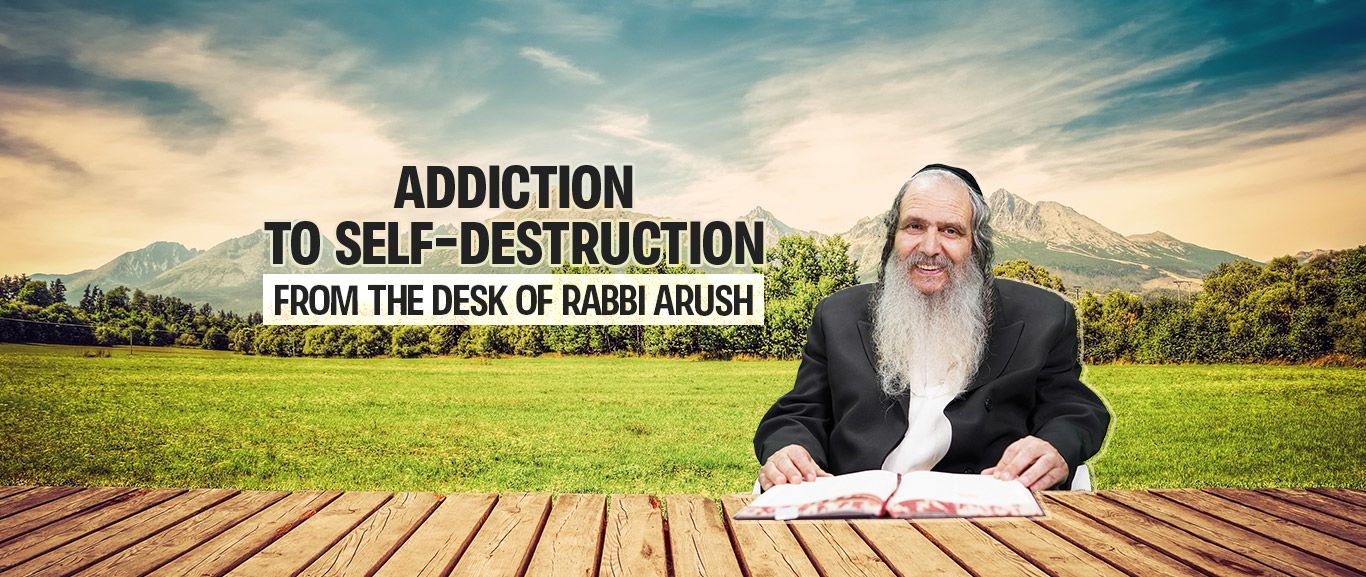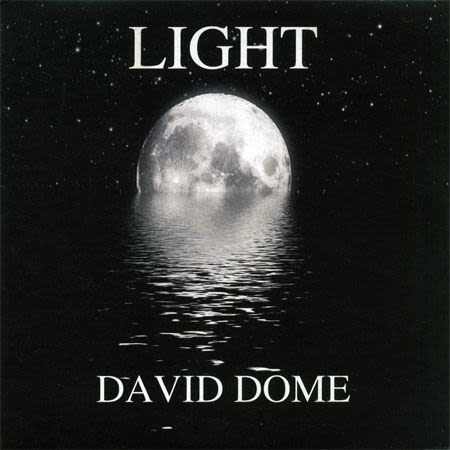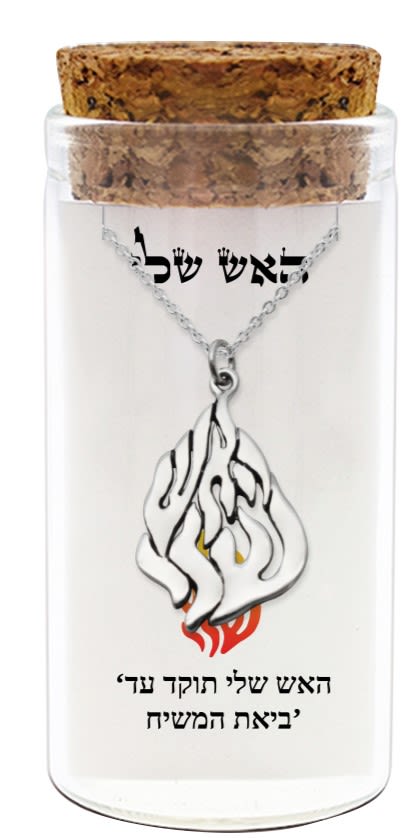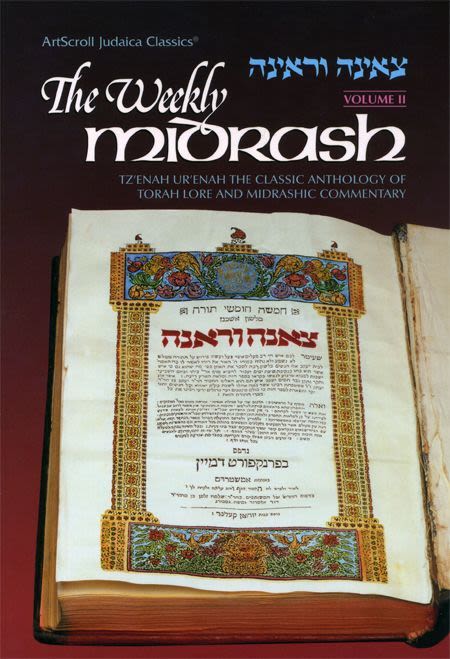
Overcoming the Addiction To Self-destruction
In this world where emuna is in hiding, heresy has great power. It is moving, it is convincing, it feels "right" – but it brings terrible suffering upon people. This is the story of all misery and suffering in life.

Translated from Rabbi Arush’s feature article in the weekly Chut shel Chessed newsletter. Every article focuses on his main message: “Loving others as yourself”.
I am Miserable; Therefore, I am
Do you know someone who loves to suffer? I do, and I even know quite a few people like that. To tell the truth, almost everyone I know loves to suffer, and is even addicted to suffering…
One of the things that fills a person more than anything else is feeling sorry for himself, to feel deprived, to feel that people are obstructing his progress, that he is being discriminated against, that people hate him and talk about him.
For some reason, from the way people live it seems to be a great pleasure.
It’s great when you have whom to blame, when you can complain day and night about the many wrongs you have suffered, about the distortions and lies that exist in all systems in life and in government; indeed, in the whole world. When you suffer, you finally feel that you exist, because anyone who listens to your distress immediately identifies with you and feels sorry for you. You feel you are the unfortunate one, and everyone loves you. You are miserable; therefore, you exist.
Warning: Side Effects
The “small” problem is the side effects of this great and questionable “pleasure”. The side effects are that you are annoyed all the time and eat yourself up; you have no day and no night; you are jealous, angry, and full of revengeful and hateful thoughts. You are truly rotting away inside. And I am not talking about those who actually engage in disputes and wars and ruin themselves, their surroundings, and the entire world.
Almost every person you talk to has some “evil” person or a few small “evil” people in his life who are to blame for all his problems. His boss who doesn’t promote him and doesn’t raise his salary, his commanders in the army who don’t recognize his special talents, his coworker who doesn’t understand that his ideas are better than this coworkers’ ideas. The school principal is evil because she is not willing to hire you and it’s all because you are not from the right social circle, or else she is corrupt, because she hires her relatives even though they are not as accomplished as you are; the bad neighbors, the educational institutions that refuse to accept your children. The Rosh Yeshiva, the prime minister, the friend who betrayed you, the wife who is libeling you, etc., etc.
What’s Your Story?
Every person has some sort of “story”. In his story there are good guys and bad guys. And he, of course, is a good guy. He is the unfortunate one. He is the one who is right. He is the one who is being taken advantage of and it really doesn’t matter what the truth is. The moment you live this story – you start suffering. And you are willing to continue to suffer so long as you need not give up your story.
But simple emuna tells another story. The only true story in the world. A story in which there are no miserable unfortunates, no distress, and no suffering.
A story in which everything is always good. For everyone. The true story is that no one can harm you, delay your promotion or interfere with your earning capacity. No one can malign you or harm you. There is only the Creator of the World, Who did, does and will do everything that is done. And He loves you and does only the best for you.
Dear brothers and sisters, why should you suffer? All the stories that you tell yourselves and your friends are, in a word, kefira (heresy). And because of this kefira you are suffering and eating your heart out and getting angry at the wife and children and living a life of depression, anxiety and constant tension. Isn’t it better to throw away all those “stories” and begin to learn the true story, the story that sets free and redeems, the story of emuna?
What’s the Connection with Kefira?
Chazal teach us that Korach was a min (heretic), in other words, an unbeliever. You might think that seems strange. For Korach certainly believed in G-d. he had seen all the miracles of the Exodus from Egypt and the Splitting of the Sea, and he had eaten the man. And Hashem spoke to him at the Giving of the Torah. He was a great Torah scholar and was one of those who carried the Holy Ark from place to place. He was not stupid. So he had a familial or political quarrel with Moshe Rabbeinu – does that make him into an unbeliever? Call him a troublemaker, a dissenter, a politically ambitious person, a zealot, a wicked person, whatever. What is the connection to kefira?
The simple answer is, of course, that belief in Moshe is an integral part of our articles of emuna. We believe that the entire Torah we possess was given to Moshe Rabbeinu. And Korach, because of his jealousy and pride, reached the dangerous conclusion that Moshe was deciding things on his own, and did not believe that the Torah came from Heaven. That is why he is called a min.
But according to what we explained, there is another explanation. A simple one that speaks to every person in every situation.
Even if Moshe Rabbeinu was not a man of G-d, but just a leader like any other, chas vechalila – it doesn’t matter how he achieved his status, but if he is the leader, it is because the Creator of the World appointed him to be so. Hashem crowns all the kings and decides who will be the President of the United States of America and who is going to be the head of house committee; who will be the chief rabbi and who will determine the work schedule for Egged bus drivers. Every role and appointment in the world are determined by Hashem.
Hashem decided not to appoint you. And that is for your own good. Because any appointment is a punishment. It is not your job that gives you life. You have a life, and you have what to do and where to advance in this world. The “appointment” at the most, impedes you in your efforts to move forward and fulfill your real role in this world. And Hashem decided that a particular job is not good for you. And He gave you what is best for you, and you must see the good you have and be happy with your share. That is the simple belief and this is the true story.
The moment you have a different story, a story of your own, you are called a min, a heretic.
The Muckraker
What a beautiful story Korach had, a first-rate story of exposing corruption.
How does Moshe appoint his relatives to all high positions? He is the king, his brother is the high priest, their expenses are paid by the government. Everyone has to give him their terumot and ma’asrot (tithes); all the Levites become servants and he debases them, and only he and his brother and a small group of favorites reign. Even the job of being the leader of the tribe, which was the most suitable and expected job for Korach – that, too, had been cruelly denied to him.
Such a moving and real story, such a strong narrative, would have produced a special report in the media, and caused a furor in the country. This is a winning story. Korach goes from one parlor meeting to another, and everyone cries together with him.
With this story he draws everyone to him, even all the great leaders, the Rosh yeshivas and the judges – the entire spiritual elite of the people!
To emphasize once again, even if it were not Moshe Rabbeinu, and even if not everything were according to what Hashem said – this is still total heresy. And here, in this world of hiding, where the emuna is hiding – there is much power to kefira. It is moving, it is convincing, it is right – but it brings people terrible suffering, making them lose their lives, their eyesight. It is a kind of blindness that causes an entire nation that only shortly before had seen Moshe Rabbeinu redeem them and bring the Torah down from heaven – to reject and deny all good and all truth and all emuna.
Moshe Rabbeinu understood that the Jewish People was in a critical condition, sliding down the slippery slope to certain destruction. He asked Hashem to do something very unusual: to create a new creation. Hashem agreed.
The Jewish People had to be shocked and awakened from the fantasy world that had been presented to them.
But, as we said before, the story of Korach is not a one-time story; it is the story of our lives. That is the story of our misery and all our suffering in life.
Korach was swallowed up by the earth and to this day is standing and calling out “Moshe is true, and his Torah is true.” But there are many other little “Korachs” in each and every one of us. And these Korachs have to be silenced. We must burn and rip up and destroy all the “stories” that ruin our lives – and begin to tell ourselves the sweet and healing story of emuna.












7/07/2022
This story is so spot-on! I know someone who fits this description perfectly, and yes, his life is hell. But…he won’t let go of his “story” for anything. The “suffering tzaddik”…
A side effect not mentioned in this article is that eventually, all those around such a person are driven away by the constant outpouring of negative feelings and blame. It’s not just self-destruction, but destruction of relationships. Eventually, the person drives himself into isolation.
7/06/2022
Thanks so much
7/06/2022
Very thought provoking as an outsider reading this. I’ve grown up in the Christian world which disregards Moshe. But I’m learning more that it is still relevant.
Thanks